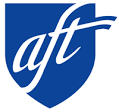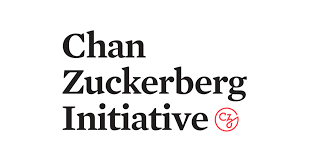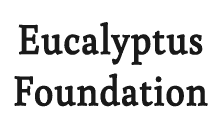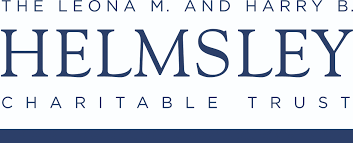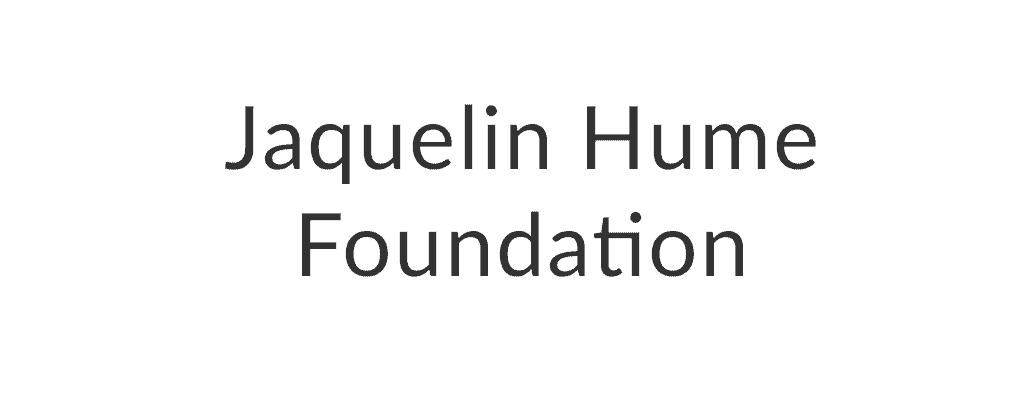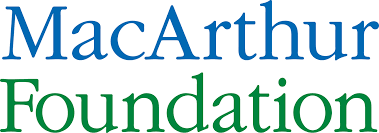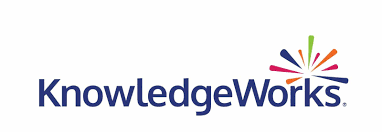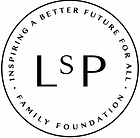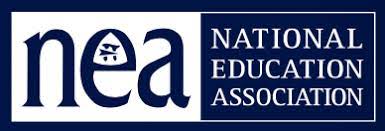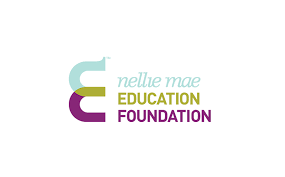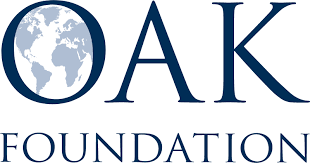A K-12 education project, committed to making learner-centered education available to every child in the U.S.
Generously Supported by:
American Federation of Teachers
Bill & Melinda Gates Foundation
Bush Foundation
Chan Zuckerberg Initiative
Einhorn Family Charitable Trust
Eucalyptus Foundation
Grable Foundation
Leona M. and Harry B. Helmsley Charitable Trust
Jaquelin Hume Foundation
John D. and Catherine T. MacArthur Foundation
KnowledgeWorks
LEGO Education
Lisa and John Pritzker Family Fund
Microsoft
National Education Association
Nellie Mae Education Foundation
New Profit
NoVo Foundation
Oak Foundation
Wend Ventures
Individual Donors
The Vision
To enable all children to fulfill their full potential as empowered individuals, constructive members of their communities, productive participants in the economy, and engaged citizens of the US and the world.
The Problem
At the time of the project, the education system – designed in a different era and structured for a different society – was outdated and out of touch. The economy, society, and polity are increasingly at risk from an educational system that does not consistently prepare all children to succeed as adults and is least effective for the children facing the greatest social and economic challenges. Conversely, the Internet revolution has created a once-in-a-generation opportunity for new approaches to learning. The growing recognition of the importance of skills and dispositions is also sparking a shift toward experiential learning.
Convergence “North Star” Recommendations to Guide Innovation:
Five Elements of Great Learning
Learner Agency
The work of education is learning, and this can only be done by and with young learners. Young people learn to own and drive their unique educational experience. This is done in partnership with adults and other young learners.
Socially Embedded Learning
Rooted in meaningful relationships with family, peers, qualified adults, and community members, socially embedded learning is grounded in community and social interaction. It values face-to-face contact, as well as opportunities to connect virtually, and recognizes the significance of establishing continuity in children’s lives through the development of stable relationships.
Personalized, Relevant, and Contextualized Learning
Education values the diverse lived experiences of young people, viewing them as assets to be built upon rather than deficiencies to be remediated. A learner’s passions, strengths, needs, family, culture, and community are guiding considerations in developing unique learning pathways.
Open-Walled Learning
Revising the membership rules and assigning responsibility to create new expectations for the budget process so that Congress and the public can expect more timely action on budget decisions.
Competency-Based Learning
Because each learner’s pathways is unique, learning happens in so many different ways and in so many different places, and each learner is allowed to demonstrate what they know and can do in ways that suit their pathways and strengths; competency-based structures are critical to learner-centered education.
Project Outcomes
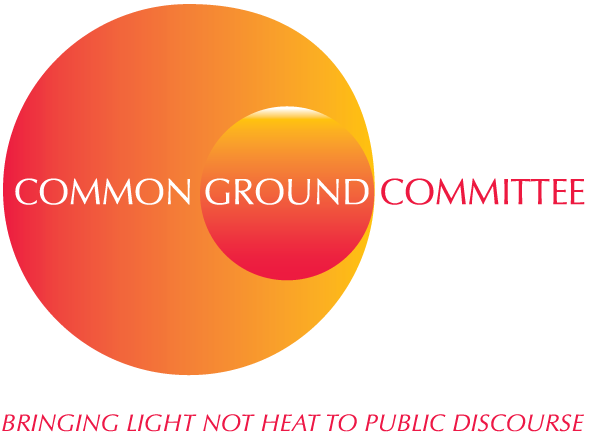
Common Ground Committee Podcast: Education Reimagined
“In this episode we talk with two education leaders whose views clashed when they first met. After some deep initial skepticism these women and other leaders came together and developed a transformational vision for US education. Along the way they developed a deep respect for one another, and a friendship that has helped each of them through personal tragedies.”

'Don't Reform Education: Transform It!' An Interview with Gisele Huff
In “Don’t Reform Education: Transform It!”, EdSurge interviews Dr. Gisele Huff, executive director of the Jaquelin Hume Foundation in San Francisco, about her experience with the Education Reimagined initiative.
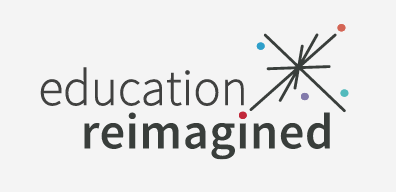
Education Reimagined as an Organization
In 2019, Education Reimagined grew from a Convergence Dialogue with the same name among ideologically diverse education leaders to an independent organization widely recognized as a leader in an emerging movement focused on learner-centered education.
Testimonials

In the News

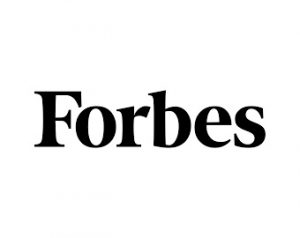
Four Bold Predictions In K12 Education For The Next Decade
“Kelly Young, President of Education Reimagined, believes that both schools and programs will shift toward a student-centered model. ‘I predict that by 2030 learner-centered education will exist as a local option for most kids in the United States reaching young people across lines of geography, race, and socio-economic backgrounds.’ ” – Jabez LeBret.
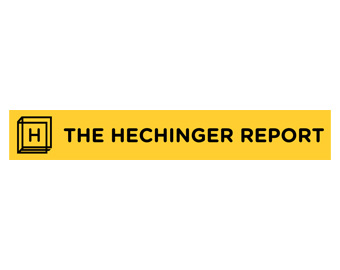
Strange Bedfellows Reach Consensus On Leading “A Transformational Vision For The Future”
This week, the Hechinger Report’s Blending Learning newsletter highlighted the launch of Education Reimagined, noting that: “Perhaps the most remarkable thing about the report is the identities of the 28 people who signed it.”

Why Learning Is So Much Bigger Than School
“Human beings have been learning long before schoolhouse walls were ever built, bubble tests invented and recess bells rung. So why is there still so much confusion and debate about the purpose of school, the goals of education and the best ways to empower students to succeed in life?”
Interested in funding a project in the future?
Check out our donate page or contact our development team to learn more.

